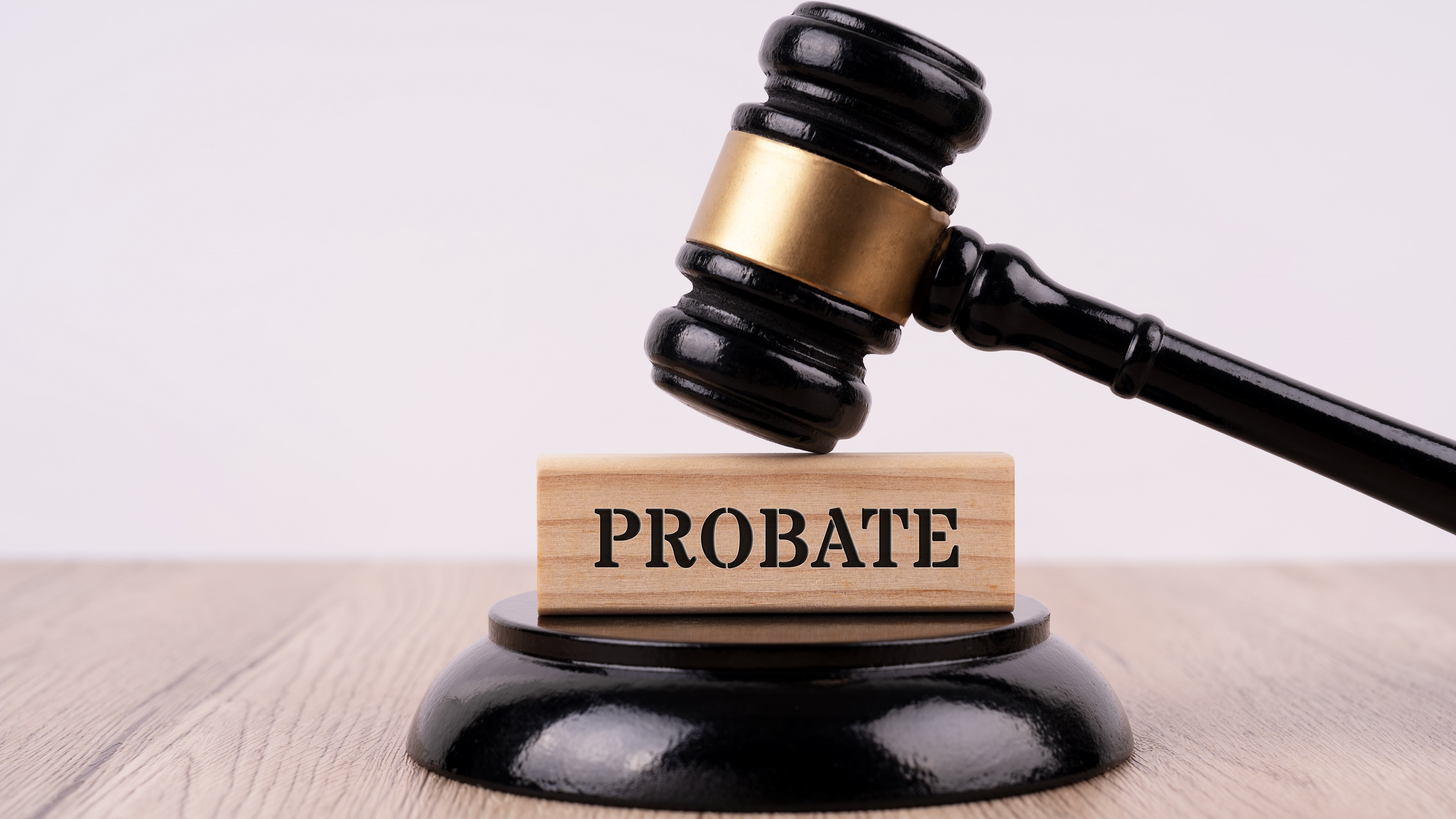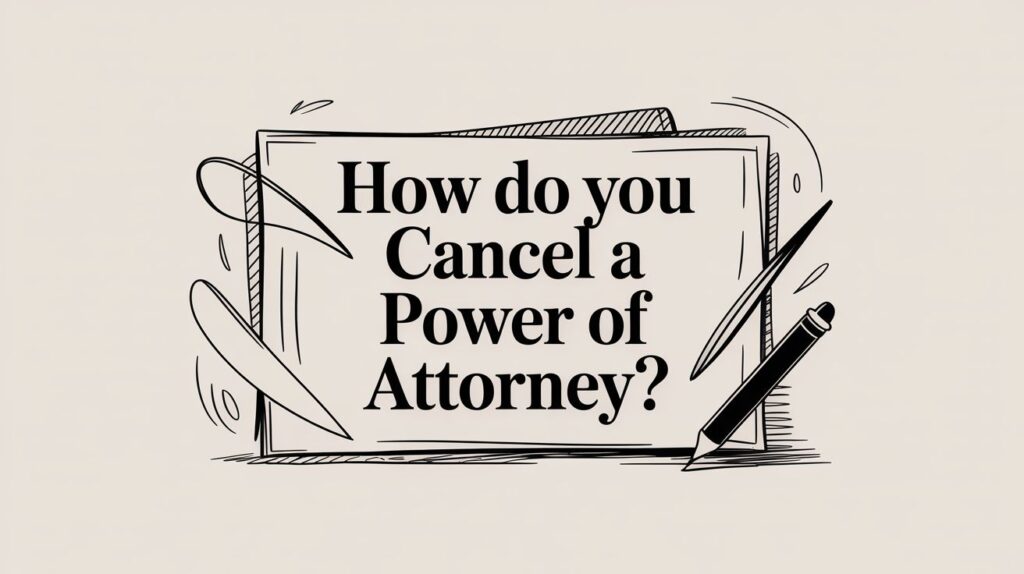Losing a loved one is hard enough on its own. But when you’re trying to settle their affairs and move forward, the legal side of things can drag out much longer than expected. Delays in probate court proceedings are a common—and often frustrating—part of the estate process that many families don’t anticipate. You may have a valid will, cooperative heirs, and a solid plan, yet months or even years can pass before everything is finalized.
These unexpected setbacks often add emotional strain to an already difficult time. What seems like a straightforward process can easily spiral into court filings, legal fees, and administrative gridlock.
So what causes these delays? More importantly, what can you do to avoid or minimize them? This article takes a deep dive into delays in probate court proceedings, unpacking the reasons behind them, how they affect families, and practical steps you can take to stay ahead of the process. We’ll share real-life stories, break down the legal logistics, and offer insights into how estate planning and good communication can make all the difference.
Whether you’re an executor, beneficiary, or simply planning ahead, understanding these common bottlenecks can help you navigate probate with greater confidence. In a system known for slow movement, knowledge becomes your most valuable asset.

What Is Probate and Why Is It Necessary?
The Basics of the Probate Process
Before we dive into why things slow down, it helps to understand what probate actually is. Probate is the legal process by which a deceased person’s estate is formally administered. That means:
- Validating the will (if there is one)
- Appointing a personal representative (often called an executor)
- Paying debts and taxes
- Distributing remaining assets to heirs and beneficiaries
In theory, probate is straightforward. In practice, delays in probate court proceedings are common due to the layers of documentation, court involvement, and potential disputes involved.
Real-Life Scenario: When Probate Took Three Years
Let’s talk about Mark and his mother’s estate inHarris County, Texas. Mark’s mother had a handwritten will naming him as executor and leaving everything to him and his two siblings. Simple enough, right?
Wrong.
Because the will wasn’t notarized and had only one witness signature, the court required a formal hearing with testimony from witnesses to prove its validity. Then a dispute arose between Mark and his sister over the value of a vacation home. That disagreement led to an independent appraisal, legal mediation, and, eventually, a formal court hearing.
What should have taken six to nine months dragged on for nearly three years. Mark spent thousands in legal fees, and the family suffered irreparable damage in their relationships.
This is one of countless examples of how delays in probate court proceedings can disrupt more than just the timeline—they can fracture families and drain resources.
The Most Common Causes of Delays in Probate Court Proceedings
It’s Not Always One Big Thing
There’s no single reason why delays in probate court proceedings happen. Usually, it’s a combination of several factors, each one adding time to the clock.
1. Missing or Invalid Wills
If a will is:
- Not properly signed
- Missing witnesses
- Handwritten (aholographic will)
- Challenged on grounds of mental capacity or coercion
Then probate court may require extra steps to authenticate the will. This process can involve bringing in handwriting experts, interviewing witnesses, and holding multiple hearings.
2. Family Disputes
When heirs don’t agree on asset distribution, things slow down. Disputes can arise over:
- Property values
- Who gets what
- The executor’s performance
- Allegations of undue influence
These issues often require mediation or court intervention—adding weeks or months to the timeline.

3. Debts and Taxes
Before anything is distributed, creditors must be notified, and all debts and taxes must be paid. This includes:
- Mortgages
- Credit card balances
- IRS estate taxes
- Property taxes
The IRS alone can take 6 to 9 months to process estate returns, and that’s assuming there are no questions or corrections needed.
4. Court Scheduling Backlogs
Probate courts—especially in large cities like Houston, Dallas, and Austin—are busy. Hearings can be scheduled months in advance, and clerical processing is often slow due to staffing shortages or case overload.
Even if everything is submitted on time, delays in probate court proceedings can still happen simply because the court’s calendar is full.
How Long Does Probate Usually Take?
The Best Case vs. The Real World
If there are no disputes, the paperwork is complete, and the will is solid, probate in Texas typically takes six to nine months. But when issues arise?
- Minor delays: Add 2–4 months
- Family disputes: Add 6–12 months
- Tax issues: Add 6–18 months
- Full litigation: Add 1–3 years or more
Understanding what’s “normal” helps set expectations—and allows families to better prepare for delays in probate court proceedings.
The Emotional Toll of Probate Delays
It’s Not Just About Paperwork
While the court focuses on procedures and deadlines, families are dealing with grief, frustration, and uncertainty. Delays can make the grieving process even more difficult because:
- Heirs feel like they’re “stuck in limbo”
- Conflicts between family members worsen
- Financial stress grows for beneficiaries depending on the estate
- Executors feel overwhelmed and isolated
It’s not just about the timeline—it’s about the emotional wear and tear that comes with dragging out closure. That’s why proactive planning is one of the most effective ways to reduce delays in probate court proceedings and ease emotional strain.
Real-Life Story: A Business Left Hanging
Jeff inherited his father’s small mechanic shop in Fort Worth. The will clearly stated Jeff would receive the business, but probate delays kept him from legally accessing the company bank accounts for almost a year.
During that time:
- Utilities were cut off
- Employees quit
- Equipment leases defaulted
- Loyal customers went elsewhere
By the time the court approved the will, the business was nearly ruined. Jeff rebuilt, but it took years.
This scenario shows how delays in probate court proceedings don’t just affect families—they can destroy livelihoods.
How to Prevent Delays in Probate Court Proceedings
Proactive Steps for Smoother Transitions
While not every delay can be avoided, many can be minimized. Here are key strategies to help speed up theprobate process:
1. Create a Legally Valid Will
Use an estate planning attorney to ensure:
- The will is properly signed and witnessed
- There’s a self-proving affidavit attached
- All provisions are clear and specific
- No contradictions or ambiguous language exists
This alone prevents many of the disputes that create delays in probate court proceedings.
2. Communicate with Heirs Before Death
Tell your family:
- Where your will is stored
- Why you made specific decisions
- Who the executor will be
- What to expect after your death
Surprises and secrecy often trigger legal battles. Transparency can avoid them.
:max_bytes(150000):strip_icc()/GettyImages-1328043606-91f578e5180e4c0882182aa04b779af1.jpg)
3. Use a Revocable Living Trust
Trusts bypass probate entirely if assets are correctly titled. This means:
- No court involvement
- Faster asset distribution
- Greater privacy
Many people use a trust alongside a simple “pour-over” will to cover any untitled assets.
4. Keep Beneficiary Designations Updated
Accounts like:
- Life insurance
- Retirement plans
- Payable-on-death bank accounts
Pass directly to the named beneficiary—no probate needed. Keeping these updated ensures smoother transitions and fewer delays in probate court proceedings.
What Can Executors Do to Move Things Along?
Tips for the Personal Representative
If you’re an executor or administrator, your role is to guide the estate through probate as efficiently as possible. Here’s how to avoid delays:
- File paperwork immediately
- Stay organized—track assets, deadlines, and communication
- Notify heirs and creditors early
- Respond to court requests promptly
- Get professional help when needed
Being proactive is your best defense against delays in probate court proceedings caused by inexperience or administrative mistakes.
When You Should Consider Legal Help
It’s Not Just About Knowing the Law
Hiring a probate attorney isn’t just for contested cases. Lawyers can:
- Navigate court deadlines
- Resolve tax questions
- Draft court filings
- Mediate family disputes
- Help executors avoid personal liability
For larger estates or high-conflict families, this guidance can be the difference between a smooth probate and a years-long ordeal. An attorney’s involvement can also prevent costly mistakes that could otherwise delay or derail the process entirely.
An experienced attorney will know how to keep your case moving—something that’s essential in managing or preventing delays in probate court proceedings. When every day counts, having someone who knows the system inside and out can be the fastest way to resolution.

Final Thoughts on Delays in Probate Court Proceedings
Probate doesn’t have to be a nightmare—but it often is when people aren’t prepared. Wills without witnesses, surprise heirs, outdated documents, or missed court deadlines can all add unnecessary time, expense, and frustration to an already difficult season.
Understanding the causes of delays in probate court proceedings helps you make smarter decisions—whether you’re drafting a will, managing an estate, or resolving disputes. With the right planning and professional support, it’s possible to minimize delays, preserve family harmony, and ensure that a loved one’s legacy is honored without unnecessary setbacks.
So plan ahead. Keep your documents updated. Talk to your family. And if probate becomes unavoidable, step into the process with clarity and support—because that’s how you move through it with as little delay as possible.








